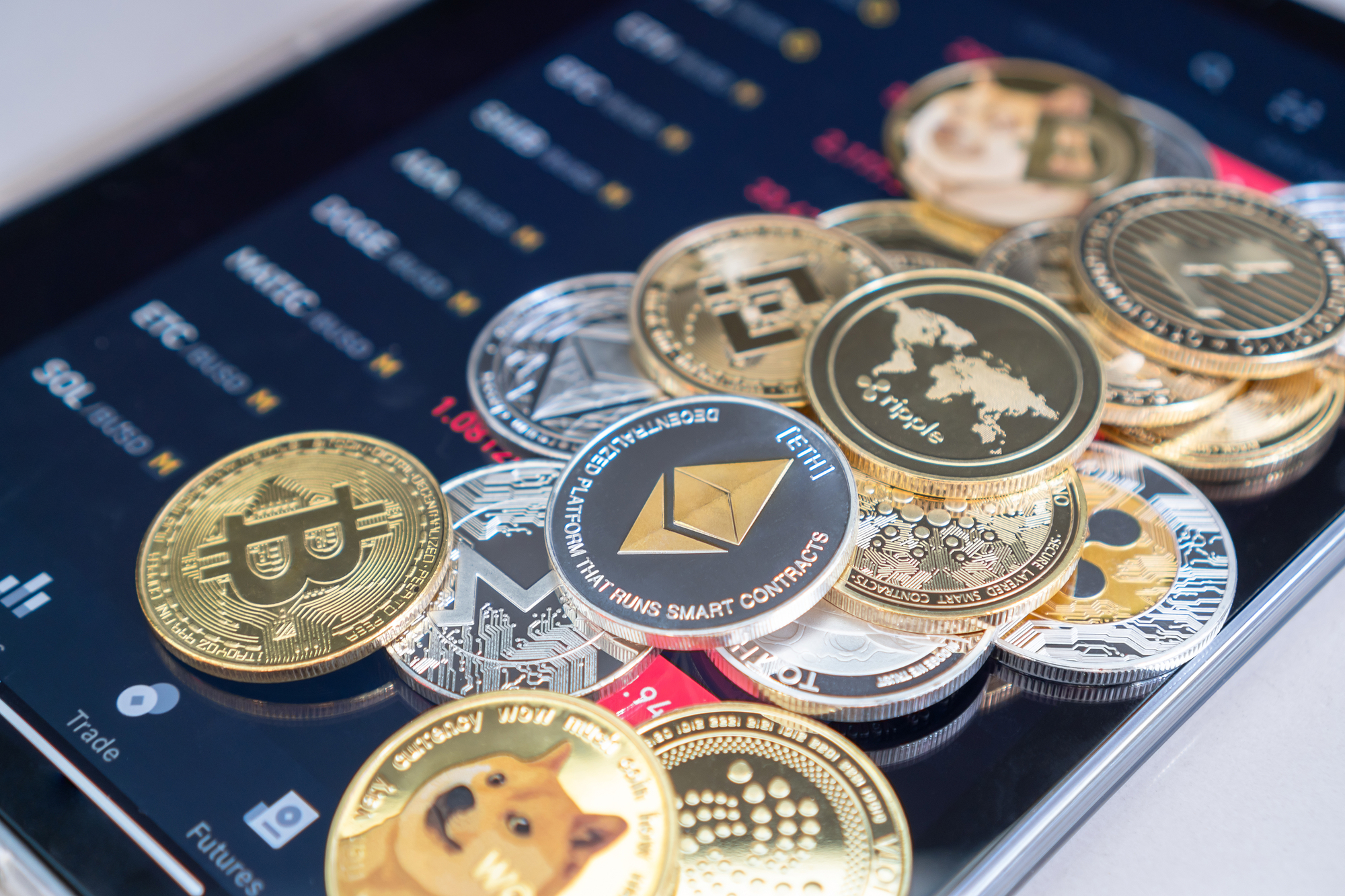Choosing Crypto Exchange for Token Listing: Key Considerations
There are around 600 crypto exchanges worldwide, each with its specific features, fees, and reputation. Choosing a platform for token listing is not an easy process and requires thorough studying of exchanges’ listing fees, liquidity, compliance, and many other criteria.
Of course, the listing process may vary on different exchanges. Listing on a decentralized exchange is the easiest way. It takes little time and effort. That is why new crypto projects often prefer to list on DEX and, later, when a token gains popularity, on CEX (centralized exchanges).
Whether listing on WhiteBIT, Binance, or any other centralized exchange, this process takes time and careful preparation. How to select the best cryptocurrency exchange for token listing that would meet the requirements of your project? Let’s figure it out in this article.
Crypto Exchange Selection
Choosing the proper crypto exchange for listing a token involves careful consideration of various factors:
- Understand all costs involved, including listing fees. Consider whether the exchange requires payment in its native tokens or allows payment in your token (which could help reduce costs). Find out if the exchange charges a one-off fee for lifelong listing or recurring listing fees. The fee may also vary depending on your token’s type (utility or security).
- Liquidity is another essential factor to consider when choosing an exchange. To check out an exchange’s liquidity, see its turnover over the past 24 hours, week, month, etc. For a deeper understanding, look at the traded pairs driving the exchange’s liquidity. Make sure the platform offers a wide range of traded assets.
- Reputation and registration. Choose exchanges known for their security, reliability, and fair trading practices. Check out where the crypto project exchange is registered, under what jurisdiction it operates, what licenses it has, etc. Check user reviews, community feedback, and any history of security breaches or regulatory issues.
- Geographical reach. Consider where the exchange’s users are located, mainly if your project targets users in specific regions. Be mindful of local regulations and ensure the exchange complies with the legal requirements in its operating jurisdictions.
- Supported tokens and projects. Look at the types of tokens and projects the exchange usually lists. Is the crypto coin exchange matching your project’s vision? An exchange that lists tokens similar to yours may already have a user base interested in your project.
- Technical integration. Ensure your blockchain technology is compatible with the exchange’s platform. Consider the technical and customer support level the exchange offers during and after the listing process.
Carefully weigh these factors and choose an exchange that offers the best platform for your token’s success and aligns with your project’s long-term goals.

